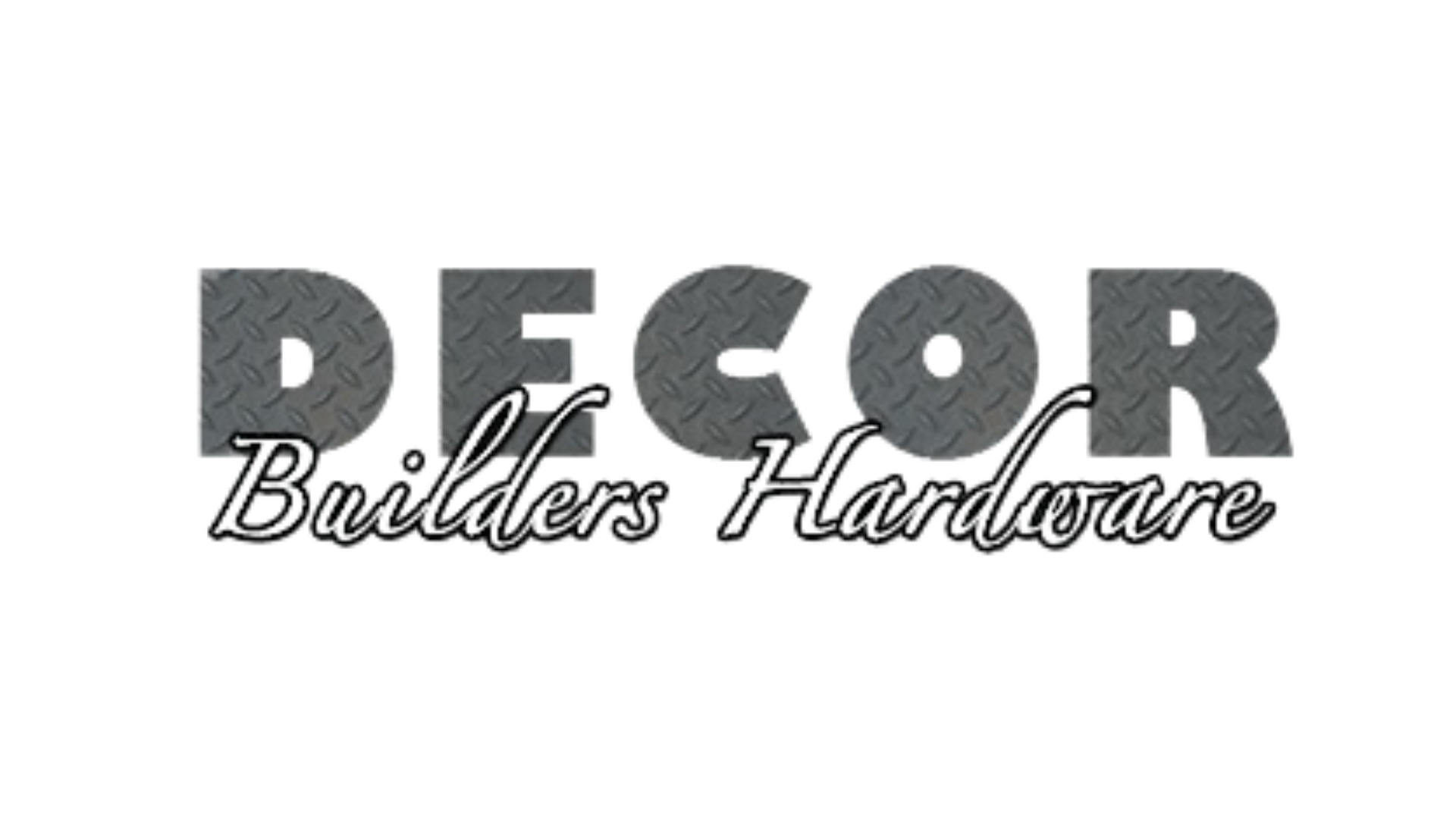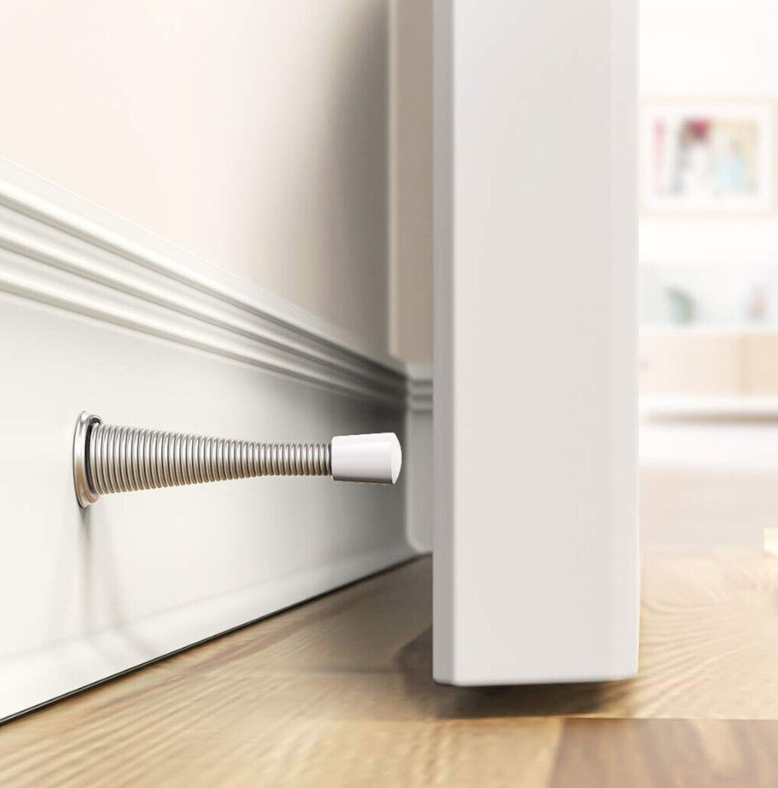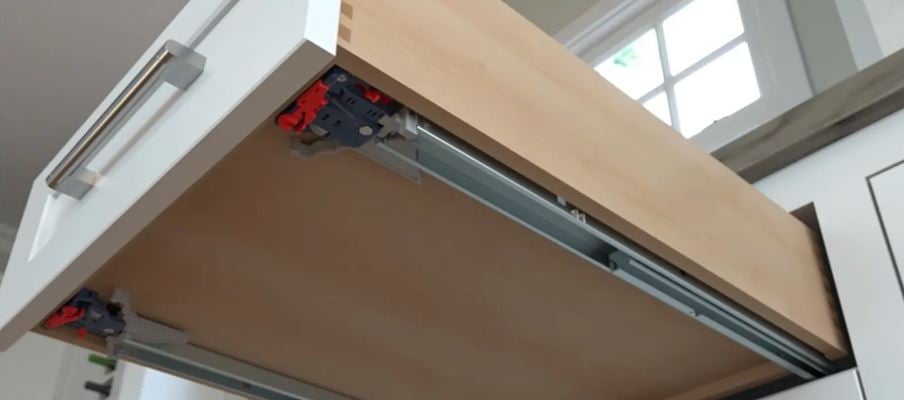Enhancing Door Functionality and Protection: The Benefits of Spring Stops, Hinge Stops, and Hinge Pins
Doors are an essential element of any home, offering privacy, security, and defining the aesthetics of a space. However, without proper protection, doors can be prone to damage, resulting in costly repairs. To prevent such incidents and ensure the longevity of your doors, various door protection devices are available. In this blog, we will explore the benefits of three popular options: spring stops, hinge stops, and hinge pins.
- Spring Stops: Spring stops are simple yet effective mechanisms designed to prevent doors from banging against walls, furniture, or other objects. These devices are typically installed on the baseboard or wall, using a spring-loaded design to absorb the impact of a forcefully opened door. Let's delve into the benefits of spring stops:
- Damage Prevention: By cushioning the impact of a door, spring stops help prevent dents, scrapes, and marks on adjacent walls or objects. This protection ensures that your doors and surrounding areas remain aesthetically pleasing and free from visible damage.
- Noise Reduction: Slamming doors can create disruptive noise that can be especially bothersome in a quiet environment or during late hours. Spring stops act as shock absorbers, reducing the force of impact and minimizing noise, resulting in a quieter and more peaceful living space.
- Extended Door Lifespan: Constant slamming can strain the hinges and overall structure of a door, leading to misalignment and potential damage. By absorbing the force, spring stops alleviate this issue and help extend the lifespan of your doors, saving you from the hassle and expense of premature door replacements.
- Hinge Stops: Hinge stops are discrete devices that attach directly to the hinges of a door, limiting its opening angle. Unlike spring stops, hinge stops do not absorb impact; instead, they provide controlled door movement. Let's explore the advantages of hinge stops:
- Protection for Door Knobs and Walls: Hinge stops prevent doors from swinging too far open, protecting both the door itself and adjacent walls or objects from damage caused by doorknobs or door handles. This is particularly valuable in areas with limited space or when the door swing needs to be restricted.
- Enhanced Safety: Hinge stops can play a crucial role in child safety by preventing doors from accidentally closing on little fingers. This feature provides peace of mind for parents and caregivers, reducing the risk of door-related injuries.
- Improved Energy Efficiency: By limiting the opening angle, hinge stops can help maintain the thermal efficiency of a room by preventing drafts or excessive air circulation. This feature is particularly beneficial in areas with temperature-sensitive environments or where energy conservation is a priority.
- Hinge Pins: Hinge pins are simple yet ingenious devices that replace the standard hinge pins in a door. These pins feature a built-in stopper mechanism that restricts the door's swing, offering several advantages:
- Door Stability: Hinge pins with built-in stoppers provide enhanced stability to the door, preventing excessive swinging or movement. This is especially beneficial for exterior doors exposed to strong winds or interior doors in high-traffic areas.
- Protection Against Wall Damage: The stopper mechanism on hinge pins prevents doors from colliding with walls, protecting both the door and adjacent surfaces from dents, scratches, or unsightly marks.
- Adjustable Door Swing: Some hinge pins allow for adjustable door swing angles, giving homeowners the flexibility to customize the door's opening width based on their specific needs and preferences.
Conclusion: Whether you want to prevent damage to your walls, reduce noise levels, extend the lifespan of your doors, enhance safety, or improve energy, spring stops, hinge stops, and hinge pins are valuable door protection devices that offer numerous benefits and will save you money in the long run.


.png)
